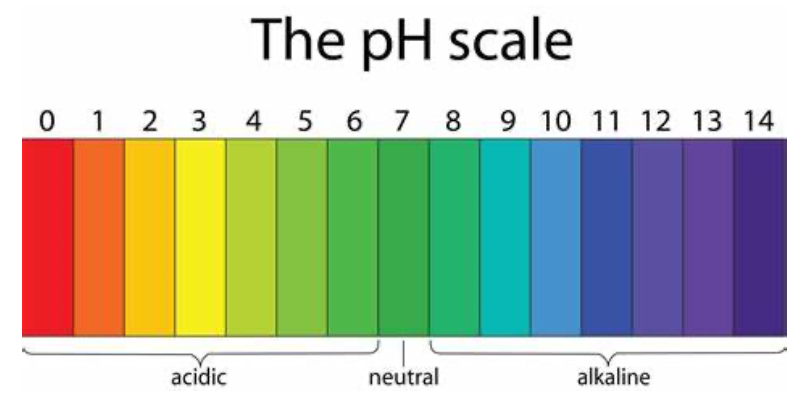Dissolving Uric Acid Stones using Sodium Bicarbonate
You have been told you are likely to have uric acid stones, these are the only stones which may be dissolved by changing the pH of urine.
On this page
The pH of urine refers to how acidic, or alkaline, it is. The lower the pH = more acidic. The higher the pH = more alkaline.
Uric acid stones form when the pH of urine is repeatedly around 5 to 5.5 which is common in patients with gout. Normally the pH of urine is between 6 and 7.
Sodium bicarbonate works by increasing the urinary pH, making it less acidic and more alkaline.
The aim is to keep your urine pH between 6.5 and 7.
Repeated high urinary pHs of 7.5 and higher will cause a different type of stone to form – this must be avoided.
Getting the urine pH close to neutral can help to dissolve uric acid stones and reduces the chance of new stones forming.
How to adjusting the pH of your urine
You will need urine pH test strips. These can be purchased from online vendors, such as Amazon.
- Start with 1 gram (2 x 500mg tablets) of sodium bicarbonate, 4 times a day. If possible, take 1 of the doses at bedtime and allow 1 to 2 hours before taking any other medications by mouth, as sodium bicarbonate may affect other medications if taken at the same time.
- Measure the pH of your urine with a dipstick on day 3. Take 3 measurements at different times of the day.
- If the pH is mostly under 6, increase the dose initially to 1.5 grams (3 x 500mg tablets) 3 times a day. You may need to increase the sodium bicarbonate dose to 1.5 grams 4 times a day if the pH remains under 6.
- If the pH is mostly 7.5 or higher, decrease the dose to 1 gram, 3 times a day.
- Continue to measure your urine pH every 3 days until stable. If the pH remains under 6 on the maximum dose of 1.5 gram, 4 times a day, contact the Urology secretaries on 0300 422 6902 (select Option 1) for advice. Once your urine pH is stable, measurements can be taken once a week.
